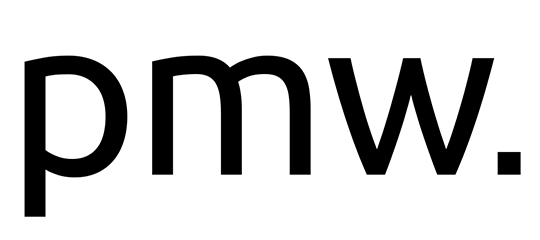May31 2011
Tips from Google on What Counts as a High Quality Website
Google recently announced the new "Panda" update to Google search, which tackles the task of more rigorously assessing website quality. This has caused many sites with low quality content dramatically dropping in their search results. This is a plus for websites with high quality, remarkable and original content.

Google have not released exactly how they measure the quality of a site, but they have provided us with a powerful list of questions to ask when assessing the quality of a website.
What counts as a high-quality site?
Google very recently provided the following list of questions to ask yourself when considering the quality of your website:
- Would you trust the information presented in this article?
- Is this article written by an expert or enthusiast who knows the topic well, or is it more shallow in nature?
- Does the site have duplicate, overlapping, or redundant articles on the same or similar topics with slightly different keyword variations?
- Would you be comfortable giving your credit card information to this site?
- Does this article have spelling, stylistic, or factual errors?
- Are the topics driven by genuine interests of readers of the site, or does the site generate content by attempting to guess what might rank well in search engines?
- Does the article provide original content or information, original reporting, original research, or original analysis?
- Does the page provide substantial value when compared to other pages in search results?
- How much quality control is done on content?
- Does the article describe both sides of a story?
- Is the site a recognized authority on its topic?
- Is the content mass-produced by or outsourced to a large number of creators, or spread across a large network of sites, so that individual pages or sites don't get as much attention or care?
- Was the article edited well, or does it appear sloppy or hastily produced?
- Would you recognize this site as an authoritative source when mentioned by name?
- Does this article provide a complete or comprehensive description of the topic?
- Does this article contain insightful analysis or interesting information that is beyond obvious?
- Is this the sort of page you'd want to bookmark, share with a friend, or recommend?
- Does this article have an excessive amount of ads that distract from or interfere with the main content?
- Would you expect to see this article in a printed magazine, encyclopedia or book?
- Are the articles short, unsubstantial, or otherwise lacking in helpful specifics?
- Are the pages produced with great care and attention to detail vs. less attention to detail?
- Would users complain when they see pages from this site?
Design and content guidelines
Google also provides design and content guidelines relating to website quality. We have picked out the most important guidelines regarding content here:
- Create a useful, information-rich site, and write pages that clearly and accurately describe your content.
- Think about the words users would type to find your pages, and make sure that your site actually includes those words within it.
- Try to use text instead of images to display important names, content, or links. The Google crawler doesn't recognize text contained in images.
- Make pages primarily for users, not for search engines.
- Avoid tricks intended to improve search engine rankings. Another useful test is to ask, "Does this help my users? Would I do this if search engines didn't exist?"
Google addresses the importance of links and how to build them
Google acknowledges that they use links as a partial measure in ranking a website here. The ranking of site depends on the quantity, quality and relevancy of links to your web-pages from other web-sites. These other sites are able to place your website in context and indicate its subject matter (relevance), as well as its quality and popularity.
Google say it best with:
"The best way to get other sites to create relevant links to yours is to create unique, relevant content that can quickly gain popularity in the Internet community. The more useful content you have, the greater the chances someone else will find that content valuable to their readers and link to it. Before making any single decision, you should ask yourself the question: Is this going to be beneficial for my page's visitors? It is not only the number of links you have pointing to your site that matters, but also the quality and relevance of those links. Creating good content pays off: Links are usually editorial votes given by choice, and the buzzing blogger community can be an excellent place to generate interest."
In Summary
As Google improves its ability to identify quality content, web-sites that produce this high quality content will continue to performance better in the search results against website with weaker content. This is a plus, as users will be able to find the best content more easily. Short term approaches to boost rankings are no longer paying off. The message is loud and clear that for long term success your online business must have a content strategy, with the creation of original and useful online content an ongoing part of your website. Sales will follow from the provision of amazing content on your website and the traffic it generates.


